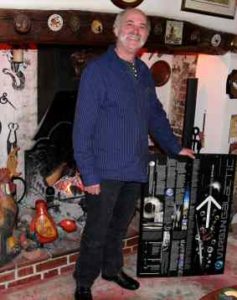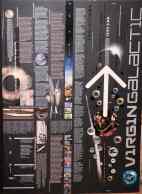Last year it was Dr Edgar Mitchell from Apollo 14 – video here. This spring, Ken Willoughby has arranged Captain Dick Gordon to visit Pontefract. Dick Gordon flew on Gemini 11 and Apollo 12. Details of Dinner and Lecture below. Click here to download the flyer.
| Dinner – £60
Thursday, March 31, 2011; 7:30 PM Wentbridge House Hotel, Pontefract, WF8 3JJ
|
Lecture – £30 (Under 16’s = £15) Friday, April 1, 2011; 7:30 PM St. Wilfrid’s Catholic High School, Cutsyke Road, Featherstone, West Yorkshire,WF7 6BD |
Ultimate Combo Package – £85
Dinner AND Lecture and includes:
- ASF Silent Auction of Space Memorabilia
- Access to ASF Astronaut Store Mega Sale
- FREE Professional Photo Op with Gordon
- FREE Gordon Autograph on Professional Photo


